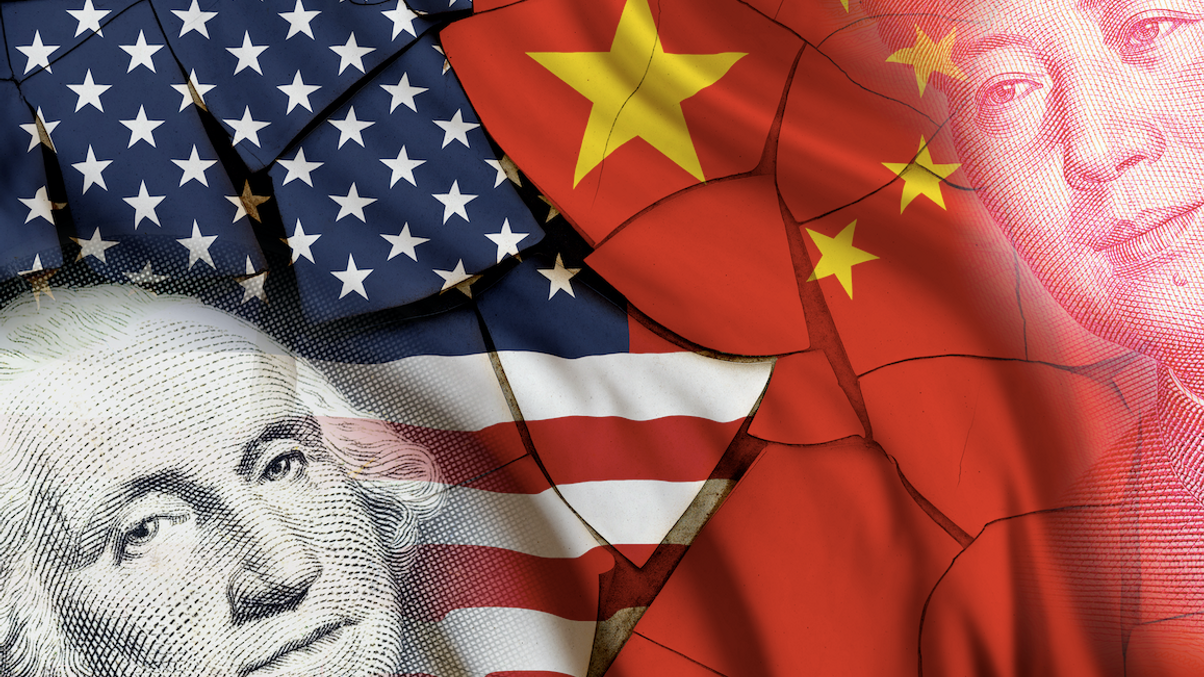US instos face renewed pressure on China holdings
As US hostility towards China rises to new highs over the Covid-19 virus, AsianInvestor investigates the increasingly sensitive nature of American institutions investing in China.

As years of simmering tensions between the US and China come to a boil, American pension funds are coming under increased pressure from politicians to divest from mainland Chinese companies.
Sign in to read on!
Registered users get 2 free articles in 30 days.
Subscribers have full unlimited access to AsianInvestor
Not signed up? New users get 2 free articles per month, plus a 7-day unlimited free trial.
¬ Haymarket Media Limited. All rights reserved.


